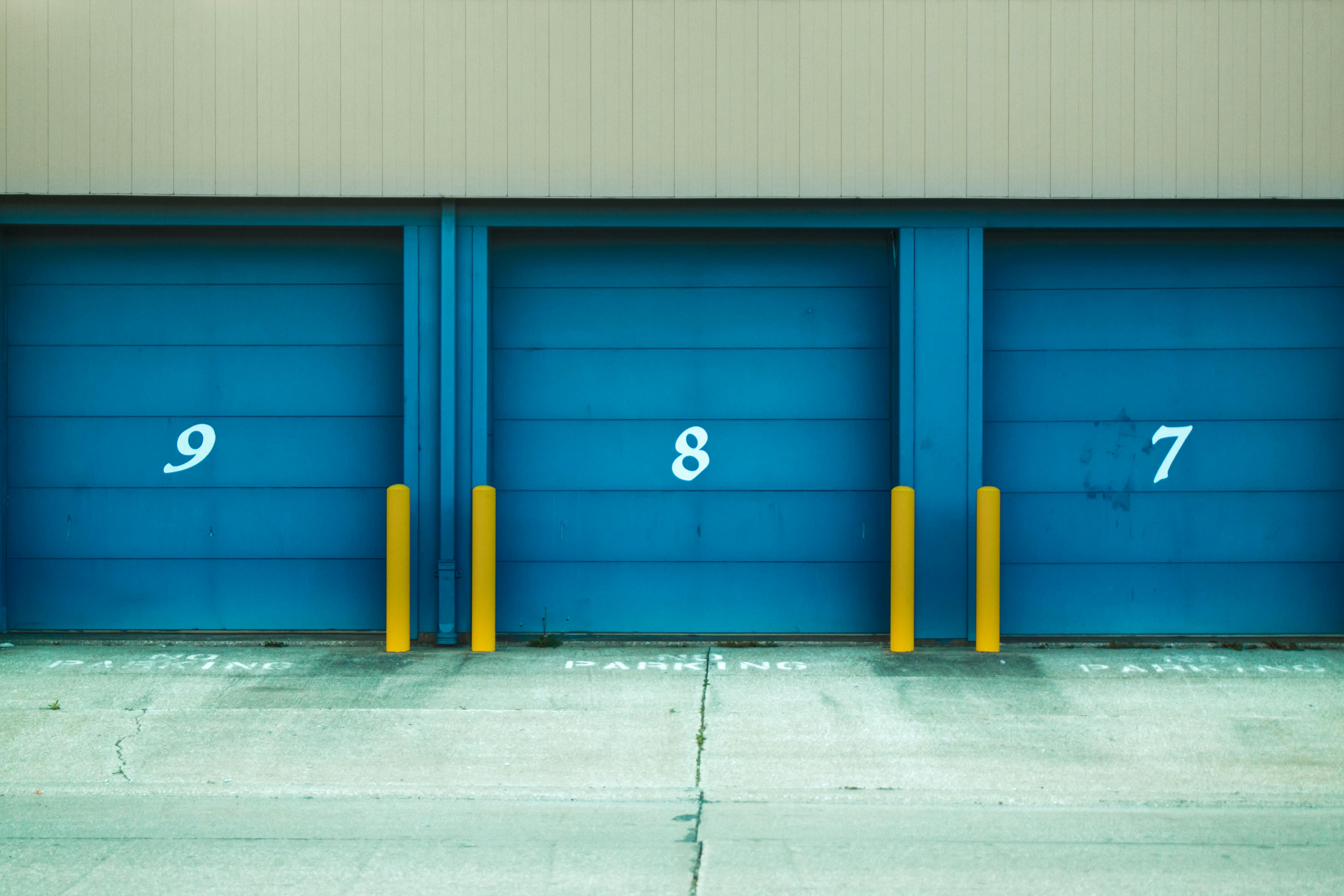You fixed that leaky, damp basement months ago, so now what’s the matter? The caulking should have done the trick, right? Well, since a few months there has been no problem, but the weather has also been a bit dry lately.
If you’re not so sure about the corrections you’ve made or perhaps work done by someone else, then there are some questions to ask and some problems to solve before the next rain or snowmelt hits. You don’t want your basement to be flooded due to misinformation or incomplete work.
Let’s take a look at some of the common problems that cause your basement to leak. If you are looking for a highly trained and experienced basement waterproofing or finishing expert, then you’re in luck. Read on and you will also find the ways a contractor will solve these problems!
Wall-Floor Joint
Every home has walls and floors that are connected by a joint. Just as our bodies have joints that sometimes cause us some aches and pains, the junction between the wall and the floor of your house can cause some leaks.
Your basement waterproofing contractor will remove the part of the flooring that is closest to the joint and the leak. A trench will be made and filled with clean stone that will be finished off with a drainage system and then the concrete floor will be restored.
Don’t worry about seeing an ugly drain. The work will be covered and a neat and clean wall flange that is part of the drain itself will collect any water that may enter through or down the wall. The water will then be sent to a sump pump and pumped out through a discharge line.
Floors
Another typical leak comes from floors. The same process as above is used to cure a leaky basement floor. In severe cases, additional drainage can be added through the basement floor where the cracks are and directed to the sump pump system.
This system can also help with leaks from entrances, such as your basement hatch door. The water will enter a grating ditch that is flush with the floor and will flow into the waterproofing system.
Windows
Have you noticed water collecting under the windows or dripping around them? Replacement windows don’t seem to be that cheap, so I was hoping to find another cure. Well, you found one.
An expert can go to your home and add a drainage system that will remove the water from the site.
Do you think the replacement of the windows is worth it? Well, here are some buying tips.
Make sure you find an energy efficient window, not only will the replacement help you save money due to a more efficient window seal, but also because of its other energy efficient features. But the rain can also be diverted by a window well.
So whether you are looking for replacement windows or a window well drainage system, the problem can definitely be fixed.
Water heater
Perhaps you have had to replace a water heater in the past or have noticed a lack in your hot water supply. Although this is the typical sign to replace a water heater, another sign is when the heater begins to leak.
A small leak can go unnoticed and cause a lot of serious damage to the surrounding area. If the water tank breaks, a steady stream of water can quickly ruin any basement. If the materials used to finish your basement are not waterproof or resistant to water damage, then there is a great risk of damage to walls, carpet, and more.
How can it be prevented or managed properly? Easy! Your basement waterproofer may recommend that you place a special 4-inch-high ring around the water heater, with a floor drain inside the ring for any leaks to flow into your drain system. A water sensitive alarm is also recommended to notify you when there is a leak.
Washing hoses
Your water heater isn’t the only appliance that can cause flooding and water damage, but washer hoses and other plumbing can also cause significant damage. Typical washing machine hoses are not exactly made to withstand the pressure that water constantly puts on them, so it is recommended to turn off the water supply to the washing machine after you have finished washing. Who wants to do that? A great solution is to buy washing machine hoses that are made to withstand constant pressure and won’t bubble or blister. The best ones will also have a guarantee!



